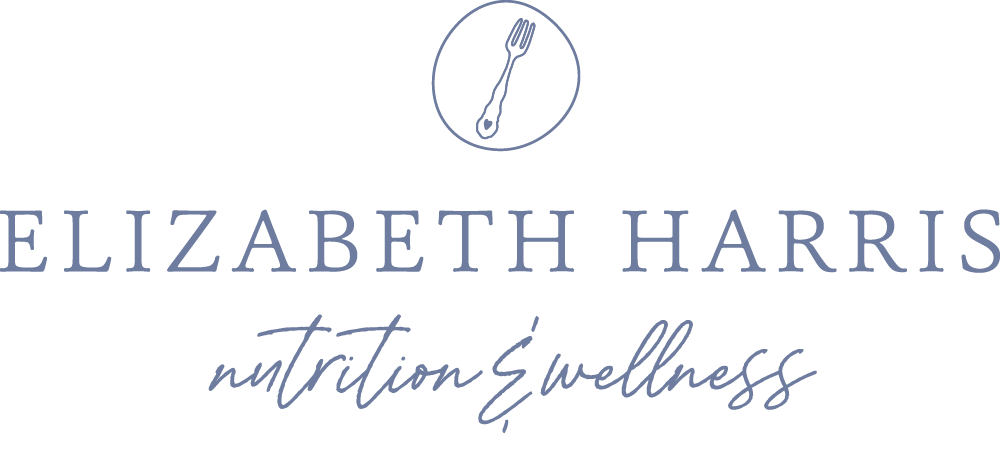3 Places Most Nutrition Plans Go Wrong
Have you been struggling to land on a consistent approach to healthful eating and feeling good?
Maybe you eat really well all day but then it feels like you lose control in the evenings. Or, perhaps you eat great throughout the week, but the weekends feel off the rails? Or worse, you just feel like you’re constantly jumping from diet to diet but nothing sticks?
There are a few key places I see most approaches to nutrition go wrong …
3 Important Pieces Most Nutrition Plans Are Lacking
Missing Link #1: Many nutrition programs tell you WHAT to eat instead of teaching you HOW to eat.
They give you very specific meal plans or lists of foods that are “ok” to eat and others that are off-limits. And sure, this may work well for a time … but what happens when you get tired of the food on the plans, or you’re at a restaurant, on vacation, or just plain missing other foods you enjoy?
That’s when these approaches typically fall apart.
If you haven’t learned the following, it’s unlikely your plan will last long-term:
How to put healthful meals together in ways you enjoy
Ways to balance your meals for stable blood sugar or energy
Which foods support your unique nutrition needs
How to include fun foods in amounts that feel good
Missing Link #2: Counting calories is a short-term prescription, not a long-term solution.
Beyond that, the calorie targets promoted by most popular diets or “lifestyle plans” are much too low, often in line with what we would recommend for a 4 to 9-year-old child. The result is that you’re constantly hungry AND your body perceives a prolonged caloric deficit.
Your body sees this as semi-starvation … which it has evolved to defend against. These are some of the body’s mechanisms for defending against prolonged caloric deprivation:
Hunger hormones are increased, and satiety hormones are decreased.
Enzymes are released to trigger fat storage.
Chemicals are released to change the taste of food, making higher calorie/less energy-dense foods more appealing.
Metabolism slows down.
The end result is that you’re left feeling hungry and deprived (a recipe for eventual uncontrollable cravings, overeating, or binging) and your body is also working against your efforts to reduce calories.
Plus, you haven’t learned how to tune into your hunger and fullness cues. So, as soon as you stop counting calories ,your eating is likely to be out of alignment with your body.
Missing Link #3: Most diets and other weight loss approaches ignore or actively undermine your relationship with food.
All the endless and conflicting so-called rules, calorie counting, and rigid meal plans make eating well unnecessarily stressful and complicated. They often trigger food and eating guilt, which not only makes you feel terrible … but also disrupts connection with your body’s cues and undermines your ability to choose foods that make you feel good.
We eat several times per day every day for all of our lives. Food is not only how we nourish our bodies, but it’s also how we connect with loved ones, share special traditions and memories, express our creativity, and so much more.
In short, having a happy, healthy relationship with food is a key part of your overall health and wellbeing.
I think of it like the foundation of a house. Just as you can’t build a solid structure that will last the test of time on a faulty house foundation, you’ll be unlikely to make sustainable changes to your eating and other health habits that feel good and support your wellbeing if your underlying relationship with food needs healing.
A simple question I like to ask is, does your approach to food and healthful eating enhance your life or detract from it? Think about it in terms of your time, money, mental and emotional energy, self-confidence, relationships, moods, and more.
Your answer can give you a big clue about your relationship with food and whether it could benefit from some healing. 💚
Are you ready to heal your relationship with food and your body? Read this blog to find out if an Intuitive Eating approach to health and wellness could help: How to Know If Intuitive Eating Is Right For You
